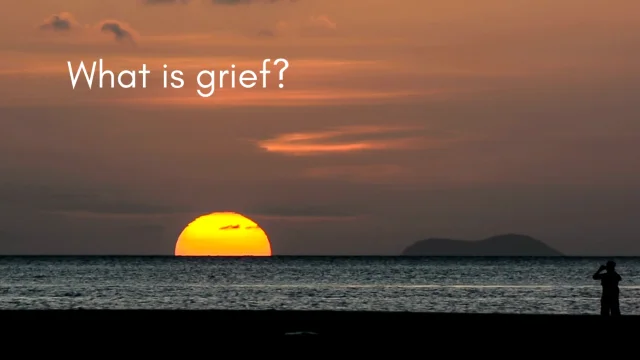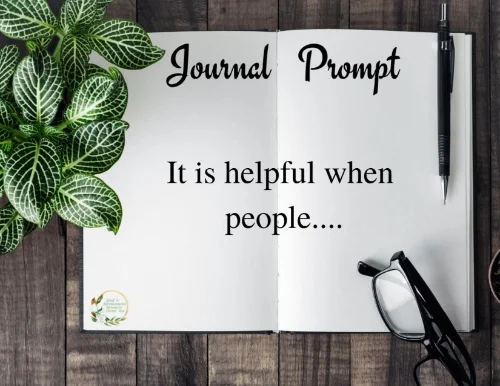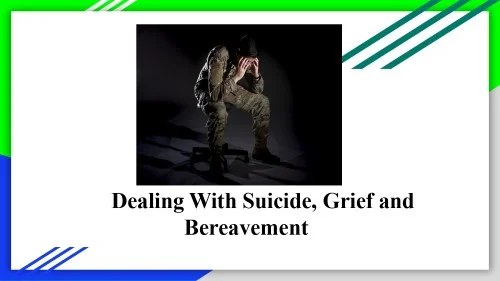Educational Resources
Online Resources for Loss and Bereavement
We serve as an online resource for those dealing with loss and bereavement. Also, information regarding different services and resources provided in the community regarding therapy, information on living wills, advance directives and veteran benefits.
Journal Resources
Click an image to download the PDF
Coping Through Social Media
Readers can safely utilize social media to help cope with the grieving process
Grief Is Life Transitioning is an online Limited Liability Company dedicated to supporting first-time grievers and ongoing grievers by developing tight-knit support groups to help deal with grief rather than feeling alone. This helps promote individuals to live productive lives in a healthy and positive manner while remembering their loved ones.

Therapeutic Importance After Sudden Traumatic Death
Clements, DeRanieri, Vigil, & Benasutti (2004)
Successful therapy after a sudden traumatic death is critical because it depends on understanding the devastation of the incident.
Immediate shock and chaos often follow such deaths and can lead to complicated grief and bereavement.
Recognizing the complicating factors of sudden traumatic death can help improve therapeutic guidance and intervention.
Deaths by homicide or suicide often carry stigmas and stereotypes, in contrast to deaths from car accidents or occupational incidents.
These events may involve gory, graphic details of a person’s final moments.
For survivors, the reality is the sudden, unexpected, and violent loss of a loved one, leading to social, psychological, and emotional resentment.
Elderly and Online Interaction at End-of-Life
Walter, Hourizi, Moncur, & Pitsillides (2011)
A study of elderly individuals (ages 63 to 86) found hesitation in joining Facebook due to concerns about sharing personal information online.
Older adults tend to be more privacy-conscious than younger generations.
Consideration should be given to whether those nearing end-of-life can or should benefit from the internet and online social interactions.
There is a lack of research regarding:
Online engagement among people with serious illnesses (e.g., cancer)
The structure and function of social networks for those who are dying
References
Clements, P. T., DeRanieri, J. T., Vigil, G. J., & Benasutti, K. M. (2004). Life After Death: Grief Therapy After the Sudden Traumatic Death of a Family Member. Perspectives in Psychiatric Care, 40(4), 149–154. https://doi.org/10.1111/j.1744-6163.2004.tb00012.x
Walter, T., Hourizi, R., Moncur, W., & Pitsillides, S. (2011). Does the Internet Change How We Die and Mourn? Overview and Analysis. Omega: Journal of Death & Dying, 64(4), 275–302.





